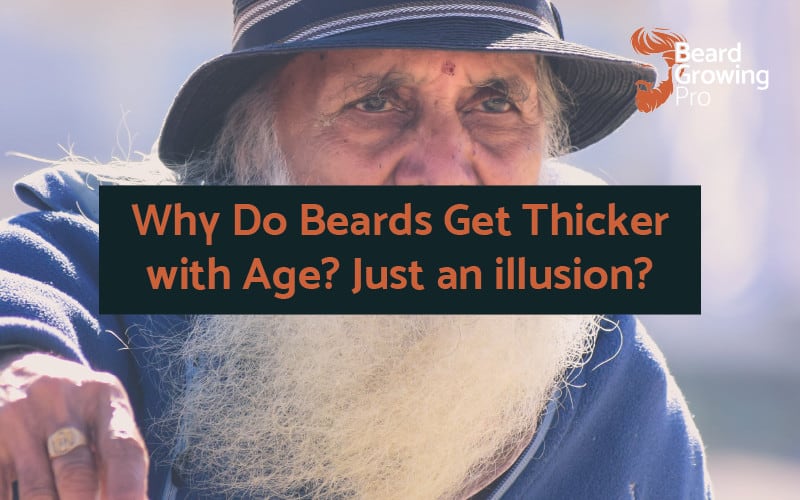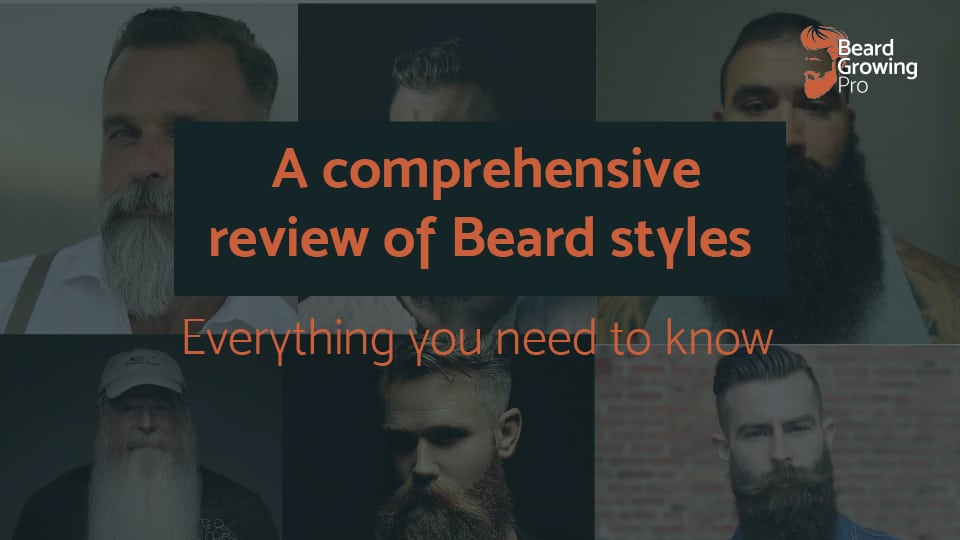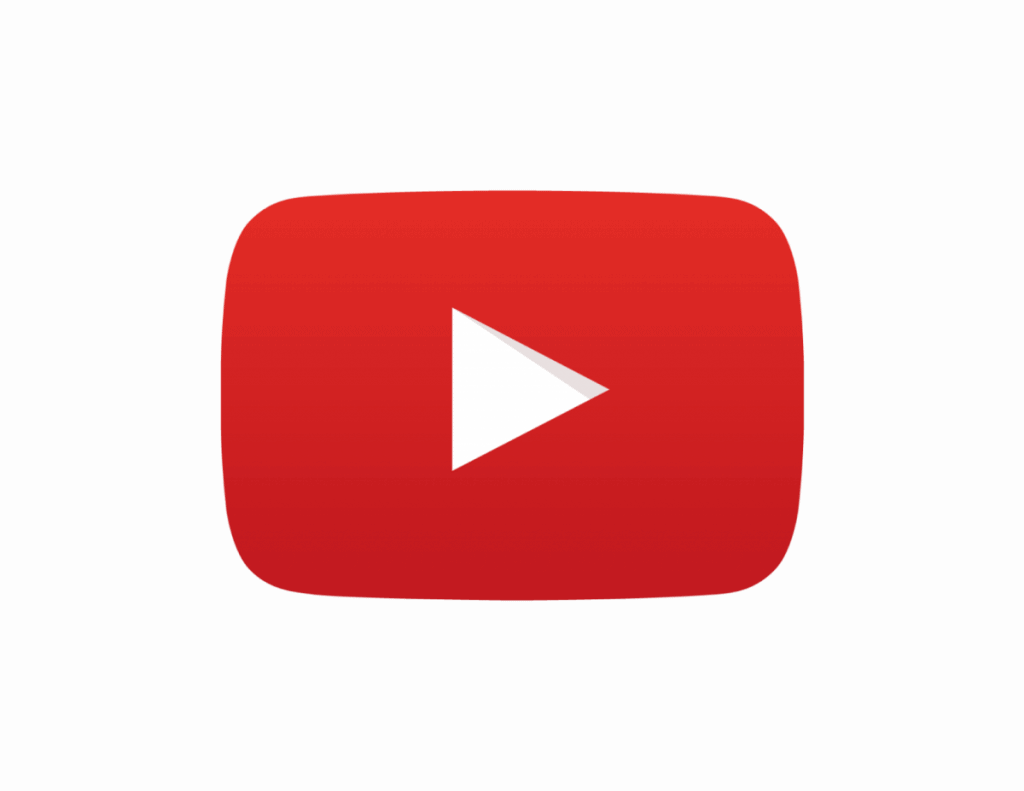From the onset of puberty, growing a beard is something that every man can achieve. Growing a beard feels like a beard will not get thicker or denser for a long time. The good news is that after puberty, prolonged exposure to testosterone helps increase the thickness of the individual hairs, the density of growth, and therefore the overall thickness of the beard.
Beards get thicker with age because a person has been exposed to testosterone for longer, and the hairs can be fully affected by this hormone. Also, older men know how to look after their beards better and optimise their lifestyle to grow a thick beard.
Sometimes it is not an underlying physiological reason for the extra thick hair but rather that the grower has optimised their beard over many years. This optimisation means that they understand the styles that look best on their beards and have supported any weaker growth areas with the surrounding hair.
As you grow older and spend more time looking after your beard, you tune in to what works, and this can give the impression of a thicker and denser beard when it is just much better cared for.
To understand why beards get thicker with age, we need to understand the beard growth process from when your body starts producing testosterone.
Article Contents
The beard growing process from teen +
When boys enter puberty, the testicles begin producing the hormone testosterone. It is this hormone that is responsible for growing a beard.
In teenage boys going through puberty, facial hair grows and becomes thicker due to the effect of testosterone and DHT on the hair follicles.
Before that, the was hair present, but it was faint and thin. This secondary hormonal effect is seen quite late in puberty, so many boys think they will never grow a beard!
Hair follicles on the face are sensitive to testosterone and what it becomes in the body –dihydrotestosterone (DHT). DHT is made from testosterone by an enzyme called 5-alpha reductase.
Without DHT, there is no beard.
However, genetic factors at play determine the levels of testosterone in the body and how sensitive the hair follicle is to DHT and testosterone.
As your body creates and metabolises testosterone, your beard will continue to get thicker.
As we age, prolonged exposure to testosterone starts to play a visible role in other parts of your body. Just like it transforms the light hairs on your face into a thick beard, it also changes the nearly invisible hair that grows in places like our ears into thick strands.
Why do beards get thicker?
From puberty and throughout a lifetime, beards tend to get thicker and denser.
I produced a YouTube video where I talk about my experience growing a beard and how it increases with age. You can check out this YouTube video below:
Prolonged exposure to testosterone
There is an important link between testosterone, DHT, and the androgen receptors at the base of your beard hairs to grow a beard.
It is not necessarily the concentration of testosterone in the body which determines the thickness of a beard but rather the sensitivity of individual hairs to DHT – the metabolite of testosterone.
As more and more DHT builds up in the body, it has a greater effect on the surrounding beard hairs and can cause them to grow thicker and darker over a long timescale.
As men get older, their testosterone levels may decline by about 1 -2 percent per year after age 30.
Although this slight reduction of testosterone doesn’t seem like much on the surface, what this means is that after ten years of a 1-2 % drop every twelve months, a man could find that his production of testosterone is down 20 percent.
Because there is a drop in testosterone after 30, there must be other things in play which we will look at below.
Full support from surrounding hairs
As the beard grows longer, weak areas are quickly covered up by the surrounding areas that can grow hair faster and thicker.
On average, the growth rate for human hair is about 1.25 centimetres or 0.5 inches per month, or about 15 centimetres or 6 inches per year. The rate is about 0.35 millimetres daily – think of it like this, and you probably won’t get annoyed!
The actual “length” of your beard will also depend on if your hair is straight, wavy or curly, as the length will be as long as your beard falls from your face.
The average person can expect to grow anywhere between 12 and 36 inches before their hair stops growing and falls out.
Older men have had the time to grow enough hair to cover up gaps and patches. The extra time they have had to grow their beard could give the impression that their beard is thicker and fuller because you cannot see the patchiness underneath.
Looking after themselves better
Overall, older men typically have a much greater understanding of what makes them feel good and how they can best remain healthy. Being healthy is the bedrock on which a good thick beard is grown.
Environmental factors affecting testosterone levels
According to science and a paper published in 2021, there are plenty of environmental factors that affect testosterone levels this includes:
- weight loss – fat cells synthesise an enzyme that converts testosterone into estradiol.
- Vitamin D levels of greater than 400 to 1000 IU raised testosterone levels.
- Zinc deficiency lowers testosterone levels, but supplementation does not affect serum testosterone.
- Magnesium raises the free testosterone levels.
- Ageing reduces testosterone release.
- Sleep increases the nocturnal amount of testosterone levels.
- Resistance training increases testosterone levels; however, in older men, that increase can be avoided by drinking protein.
- Interestingly, liquorice can decrease the amount of testosterone.
- Man-made or natural antiandrogens, including spearmint tea, can reduce testosterone levels.
Many more studies show you how external factors can influence your testosterone levels, and older gentlemen have typically been able to work out what works for them and their health via a process of trial and error.
Here are all of the reasons why older men have thicker beards.
Why do older men have thicker beards?
It is common to look at older men and see much thicker beards than yours. Is it because there is underlying testosterone or physiological reason? Or is it because they have worked out the tricks for making their beard app here thicker.
They know the tricks!
One of my arguments for why older men have thicker beards is that they have worked out all the tricks for making a thin beard look thick.
Look at my YouTube video where I share all of the tricks for thickening it up.
Knowing what to do with each beard problem comes with practice and trial and error.
Older men have had a much longer time understanding what works for their beards and, importantly, what doesn’t.
Common tricks include:
- dying the beard – by changing the darkness of the beard, you can make it look thicker and fuller even with thin hair.
- Trimming back to the point of maximum density – if you trim your beard back so that you can no longer see-through, it gives the impression of a much thicker beard. Sacrificing some length for thickness will help you have a much thicker looking beard.
- They are choosing the correct style – older gentlemen who have had the option of choosing a style that works well for their particular growth pattern. One of the biggest mistakes early beard growers make is growing a beard that doesn’t match their strongest growth potential.
Style matches growth
An older beard grower will have understood exactly what works well for their beard style.
This article contains a full list of foundational beard styles that you can change to make your unique style.
There are so many different beard styles available to you that I am certain there is one that you can choose to highlight the areas of your growth that are thick and full and minimises the impact of patches or areas where your beard doesn’t connect.
Older gentlemen have had the time and patience to understand exactly how their beard grows.
Optimised lifestyle
Like we talked about above, older gentlemen typically have worked out what makes them feel healthy and fit.
The same interventions to your life that make you feel fit and healthy will also benefit your beard greatly.
Having a healthy lifestyle which includes:
- healthy diet,
- plenty of exercises,
- plenty of sleep,
- plenty of hydration
It will always make your beard look better.
Confirmation bias
One of the most overlooked aspects of why we think older men have a better-looking beard is due to a bias called confirmation bias.
Confirmation bias is when you conclude that older men have thicker beards, and then you see that evidence for that everywhere.
You may have experience confirmation bias once you buy a new car and then realise that your new car’s model is everywhere. In reality, it has always been there, but you are now tuned in to this new observation and notice these cars everywhere.
The same goes for beards.
Check out the YouTube video below that gives you a quick summary of confirmation bias and how it may affect the way you view older men with beards.
Better beards survive longer
Lastly, older men may look like they have better beards because of the simple fact that the people who could not grow a thick and full beard decided not to grow one and shave it off.
It makes sense to me that the best beards last longest.
Suppose you have two gentlemen, one with an awesome beard and one with an okay beard. The awesome beard is much more likely to get praise and external acknowledgement which means that it will survive much longer than a beard that does not have the same external validation.
The older gentlemen who have good-looking beards have been selected by society to keep their beards.
If you did not take this aspect into account, you might conclude that older men have thicker and better beards in general.
In reality, the people who do not have a thick and full beard have decided at a younger age to stay cleanly shaven because that is what society deems to be better for them.
Summary
This article has been through all the evidence and reasons behind why beards get thicker with age.
Even though there may be some individual physiological reasons for older men to have thicker beards sometimes, it may come down to their experience and ability to make a thin beard look thicker.
Older people have had a much longer time playing around with their beard and finding out what works for their beard growth and strengths.
Also, we cannot exclude the fact that some of this observation may be down to selection and confirmation bias. Beards that look better in the eyes of society will last much longer due to external validation towards the grower.




